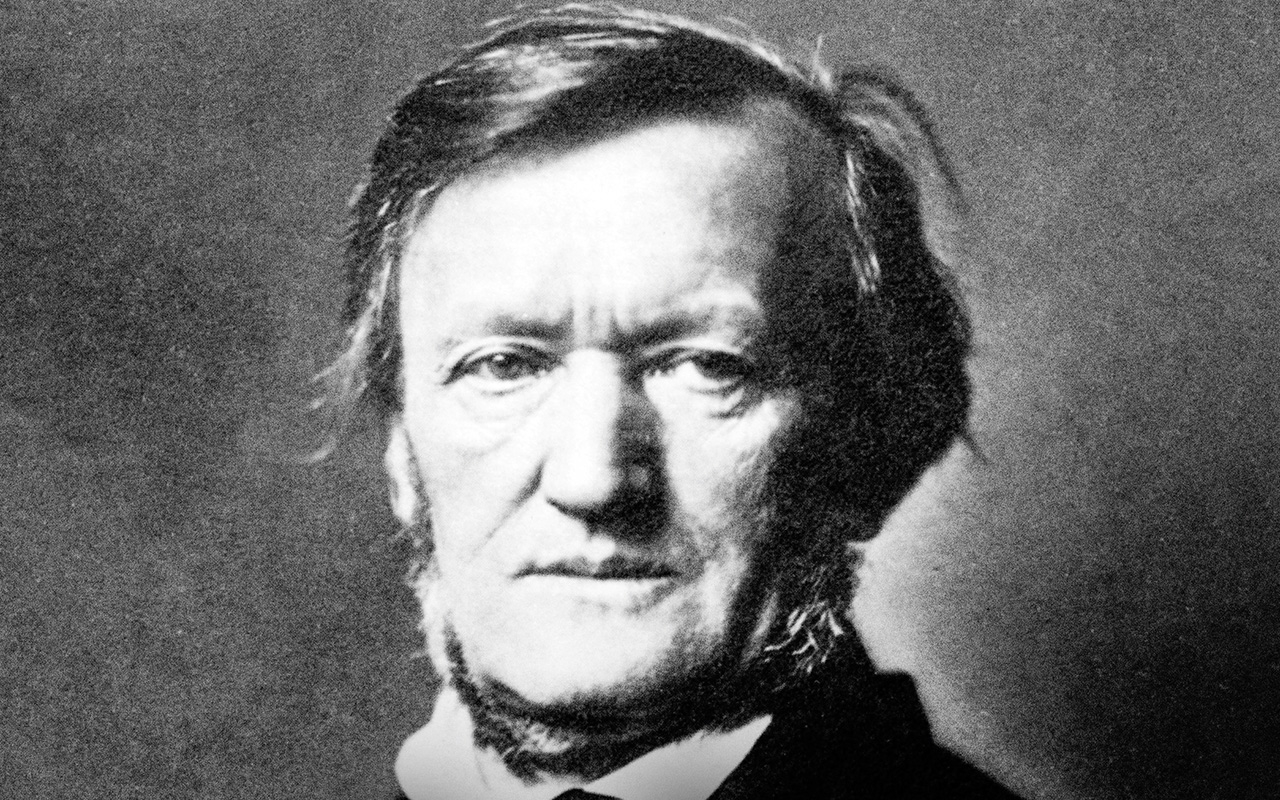Richard Wagner, one of the most influential composers in the history of classical music, was born on May 22, 1813, in Leipzig, Germany. He was the ninth child of Carl Friedrich Wagner, a police actuary, and Johanna Rosine Wagner. His childhood was marked by a turbulent family life, with his father’s death when he was just six months old and his stepfather’s subsequent death when he was seven.
Despite the challenges of his early years, Wagner showed an early aptitude for music. He began studying piano at the age of eight and composed his first opera, “Die Laune des Verliebten” (“The Infatuated Lover’s Caprice”), at the age of 13. However, it wasn’t until he reached his twenties that he began to seriously pursue a career in music.
In 1833, Wagner enrolled at the University of Leipzig, where he studied music theory and composition. After graduating, he worked as a conductor and composer, but struggled to gain recognition for his work. It wasn’t until the premiere of his opera “Rienzi” in 1842 that he began to gain widespread acclaim.
Throughout the 1840s, Wagner continued to compose operas, including “Der fliegende Holländer” (“The Flying Dutchman”) and “Tannhäuser.” However, it was his monumental four-opera cycle, “Der Ring des Nibelungen” (“The Ring of the Nibelung”), that would cement his reputation as one of the greatest composers of all time.
Composed between 1848 and 1874, “The Ring Cycle” tells the epic tale of gods, heroes, and mythical creatures, drawing on Norse mythology and Germanic legend. It consists of four operas: “Das Rheingold” (“The Rhinegold”), “Die Walküre” (“The Valkyrie”), “Siegfried,” and “Götterdämmerung” (“Twilight of the Gods”). Together, these operas form a complex and interconnected narrative that explores themes of power, love, and redemption.
In addition to his operatic works, Wagner also wrote influential essays on music theory and aesthetics, including “Opera and Drama” and “The Artwork of the Future.” He advocated for the concept of Gesamtkunstwerk, or “total artwork,” in which all elements of a theatrical production—music, drama, staging, and visual arts—work together to create a unified artistic experience.
Wagner’s music was revolutionary for its time, pushing the boundaries of harmony, structure, and orchestration. His use of leitmotifs, recurring musical themes associated with specific characters, places, or ideas, became a hallmark of his compositional style and had a profound influence on later composers, including Gustav Mahler and Richard Strauss.
Despite his musical genius, Wagner’s personal life was often tumultuous. He had a reputation for being egotistical and manipulative, and his political beliefs—particularly his anti-Semitic views—have been the subject of much controversy. Nevertheless, his impact on the world of music is undeniable, and his operas continue to be performed and admired by audiences around the globe.
Richard Wagner died on February 13, 1883, in Venice, Italy, at the age of 69. His legacy as one of the towering figures of classical music endures to this day, and his influence on the development of opera and music theory remains profound.


Comments are closed